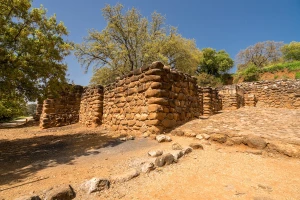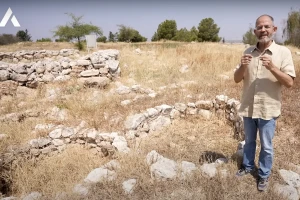From victory to challenge: Modern lessons from ancient conquests
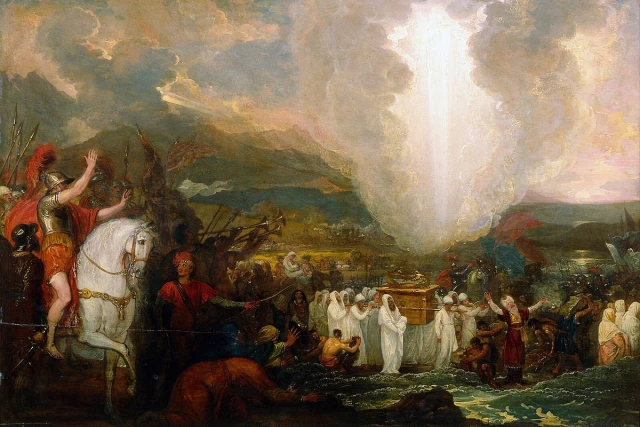
During the Six-Day War of 1967, Israel captured large territories from three Arab states: Syria, Jordan, and Egypt. The world watched in amazement and applauded Israel for its brilliant achievement. Many viewed this crushing victory as proof of the greatness of tiny Israel, which demonstrated its ability to defeat much larger rivals – just as David overcame Goliath. Yet, few in Israel attributed this dazzling feat to God.
The most significant achievement was the conquest of Jordanian-controlled Judea and Samaria, the heartland of the country, without which the land is incomplete. But over the years, this brilliant conquest turned into a curse. From among the large Arab population living in these territories began a campaign of terror that intensified over time, with no end in sight – even today.
A biblical parallel: The conquest of Canaan
This situation echoes a similar conquest of the same land thousands of years ago: the conquest of Canaan by Israel under Joshua son of Nun. The opening chapters of the Book of Joshua describe spectacular victories in Canaan, the destruction and burning of cities, and the defeat of no fewer than 31 kings.
Unlike common perceptions of the Six-Day War, the Book of Joshua leaves no doubt about God’s role in this success.
A contradictory picture?
Yet, despite the descriptions of absolute conquest in the first twelve chapters of the Book of Joshua, the chapters that follow - and the Book of Judges that comes after Joshua – present a different picture. They show that the Israelites failed to conquer the entire land, leaving most of it still inhabited by the native Canaanites.
What explains this duality? Is it, as many biblical critics claim, simply an example of inconsistency and internal contradictions in the Bible? Or does it reflect a real historical situation that actually occurred, with the Bible telling a more complex story than it seems at first glance? And what do archaeological findings reveal about the nature of the conquest?
God’s plan: A gradual conquest
First, let’s examine what the Bible itself says about conquering the land.
Already in the wilderness, before entering the land, God tells Israel through Moses,
“I will send my terror ahead of you and throw into confusion every nation you encounter. I will make all your enemies turn their backs and run. I will send the hornet ahead of you to drive the Hivites, Canaanites and Hittites out of your way. But I will not drive them out in a single year, because the land would become desolate and the wild animals too numerous for you. Little by little I will drive them out before you, until you have increased enough to take possession of the land” (Exodus 23:27–30).
Even before the conquest begins, it is stated that it will be a prolonged process – not a quick and complete victory.
And yet, in the first twelve chapters of Joshua, we get the impression of a swift and decisive conquest:
“So Joshua took all that land... He captured all their kings and put them to death” (Joshua 11:16–17).
“So Joshua took the entire land, just as the Lord had directed Moses, and he gave it as an inheritance to Israel according to their tribal divisions. Then the land had rest from war” (Joshua 11:23).
But pay attention! Shortly after that, it is written:
“When Joshua had grown old, the Lord said to him, “You are now very old, and there are still very large areas of land to be taken over’” (Joshua 13:1).
The challenge of completing the conquest
What is happening here? Why the apparent contradiction? Or is it not a contradiction at all?
It’s much like what happened in Judea and Samaria after the Six-Day War. These territories were conquered in a matter of days, with all the cities surrendering to the IDF. Yet, decades later, Israelis cannot freely enter the Arab cities in these regions. There is the rapid phase of war, but afterward must come the phase of “inheriting the land”. That stage requires the people’s consistency and determination - and above all, faith. But those are not always present.
Biblical evidence of gradual conquest
Later in Joshua and in Judges we get a picture of the failure to expel the land’s inhabitants:
“Judah could not dislodge the Jebusites, who were living in Jerusalem” (Joshua 15:63).
“Yet the Manassites were not able to occupy these towns, for the Canaanites were determined to live in that region” (Joshua 17:12).
“But Manasseh did not drive out the people... Nor did Ephraim drive out the Canaanites... Neither did Zebulun drive out the Canaanites... Nor did Asher drive out... Neither did Naphtali drive out... The Amorites confined the Danites to the hill country, not allowing them to come down into the plain” (Judges 1:27–34).
In other words, even though the whole land was given into their hands, the Israelites did not succeed in driving out its inhabitants. The Bible explains exactly why:
“Therefore the Lord was very angry with Israel and said, “Because this nation has violated the covenant I ordained for their ancestors and has not listened to me, I will no longer drive out before them any of the nations Joshua left when he died. I will use them to test Israel and see whether they will keep the way of the Lord and walk in it as their ancestors did.” The Lord had allowed those nations to remain; he did not drive them out at once by giving them into the hands of Joshua (Judges 2:20–23).
What does archaeology say?
According to the Bible, the picture is very clear. But what does archaeology and extra-biblical evidence tell us?
The Late Bronze Age (15th–13th centuries B.C.) is characterized by a decline in cities in Canaan, with depopulation and abandonment of many sites, especially smaller ones in the central hill country, while the large cities like Hazor, Megiddo, and Shechem continued to exist. During this period, all of Canaan’s cities were under Egyptian control.
We have confirmation of this from a trove of letters found in Egypt at the end of the 19th century A.D., known as the “Amarna Letters.” These Akkadian tablets were sent by Canaanite kings to their Egyptian overlords during a brief period of about twenty years in the mid-14th century B.C. This is the same period during which, according to the Bible, the Israelites were conquering and settling Canaan.
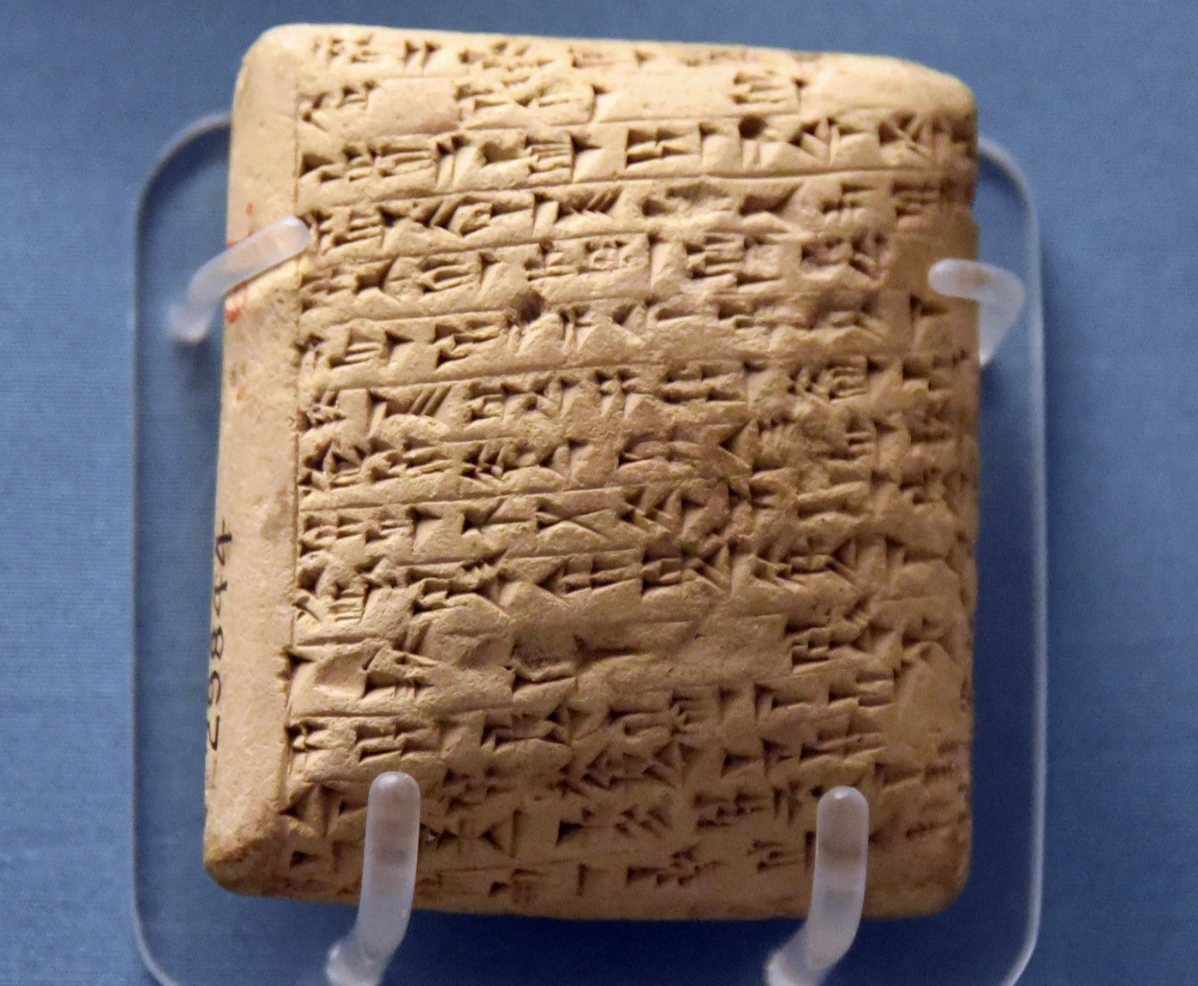
However, according to minimalist scholars, the Israelites did not appear in Canaan until the end of the 13th century B.C. Many of these letters were sent from rulers of cities known from that time: Megiddo, Jerusalem, Gezer, Beth-Shemesh, and others. And what do these letters say? Primarily complaints and pleas to the Pharaoh to help them with security problems.
Three main issues arise:
First, there was unrest in Canaan, with city kings warring against each other. The king of Shechem is noted as particularly aggressive by several other kings.
Second, a plague was killing many people in the cities.
Third, groups of people referred to collectively as “Apiru” or “Habiru” were attacking and plundering cities. The king of Shechem is even accused of collaborating with these “Apiru/Habiru” to encourage their raiding.
According to the evidence, the Egyptian kings did not come to the aid of the Canaanite kings. They had to contend alone with growing attacks by the king of Shechem and the “Apiru.”
There has been much scholarly debate about the identity of the “Apiru.” It appears to be an Egyptian term referring to nomadic groups not tied to a specific territory. In the time of Ramesses II, the word “Apiru” took on connotations of humiliation and “slavery.”
Can the Apiru be identified with the Israelites? This is disputed among scholars. But if we follow the biblical timeline, which places the entry into Canaan in the early 14th century B.C., there is a chronological match.
A possible link between “Apiru” and “Hebrews”
Moreover, the Apiru’s relationship with the king of Shechem fits the biblical account of the Israelites gathering at Shechem between Mount Ebal and Mount Gerizim immediately after entering the land.
Finally, the Egyptian term “Apiru” is phonetically similar to how the Israelites are called “Hebrews” while in Egypt. In Exodus, the text uses the term “Hebrews” to refer to the Israelites as slaves, but this term disappears after the Exodus, in Exodus 13, and only “Israel” is used throughout the rest of the Torah.
The phonetic resemblance between “Hebrews” and “Apiru” suggests that the Israelites – the Hebrews – may well be the same as the Apiru in the Amarna Letters. This is an intriguing proposal that, if true, offers strong external support for the biblical account.
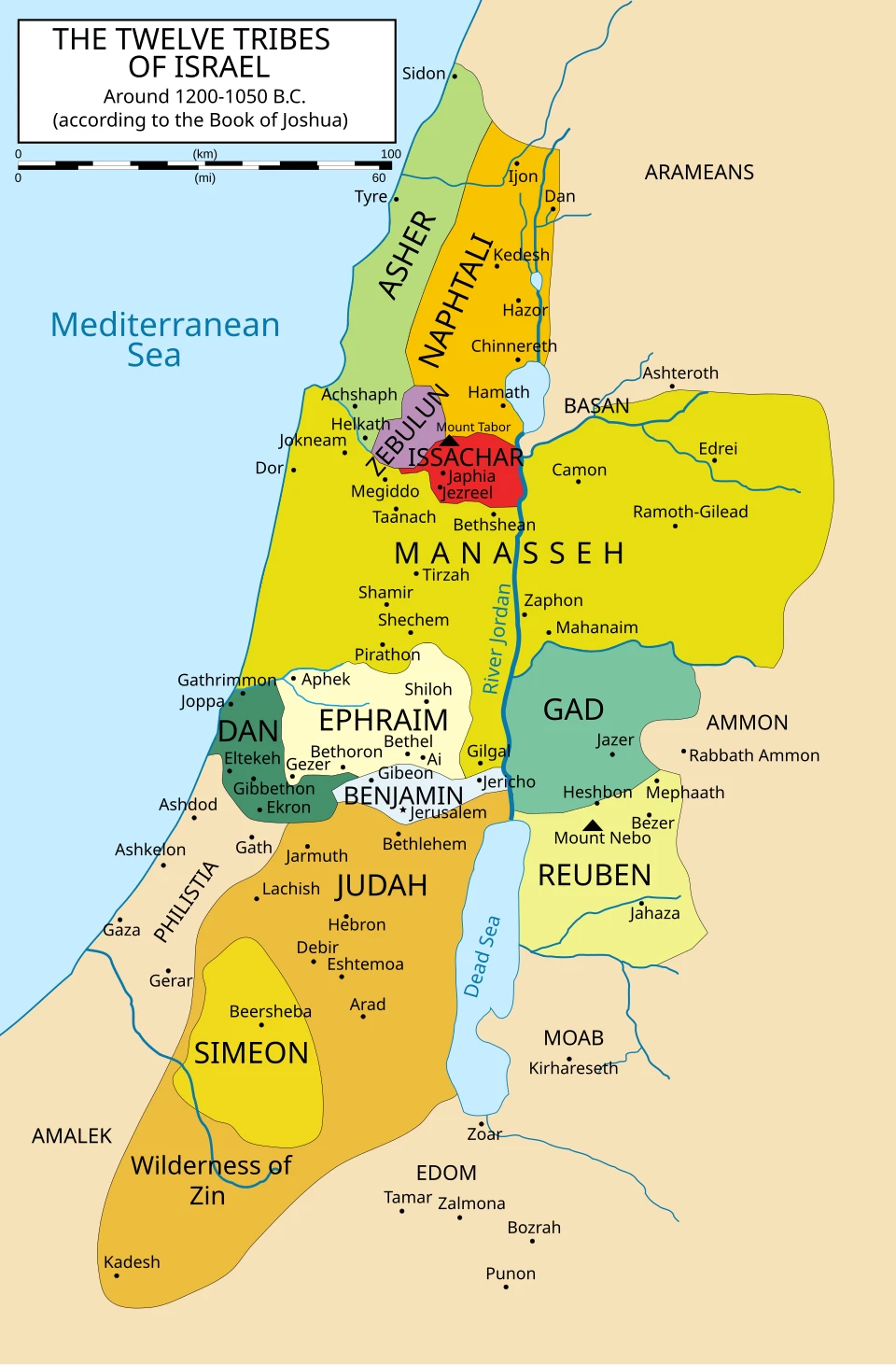
Lessons for today
Returning to the matter of the conquest of the land in Joshua’s day and the conquest of Judea and Samaria in the Six-Day War:
In both cases, we see a dazzling military victory followed by the need for a slow, protracted conquest that might take decades or even centuries. The success of that conquest and dispossession of the land’s inhabitants depends on faith and obedience to the God of Israel.
The citizens of the State of Israel, certainly have much to learn from the biblical story of conquest and settlement!

Ran Silberman is a certified tour guide in Israel, with a background of many years in the Israeli Hi-Tech industry. He loves to guide visitors who believe in the God of Israel and want to follow His footsteps in the Land of the Bible. Ran also loves to teach about Israeli nature that is spoken of in the Bible.
You might also like to read this:


